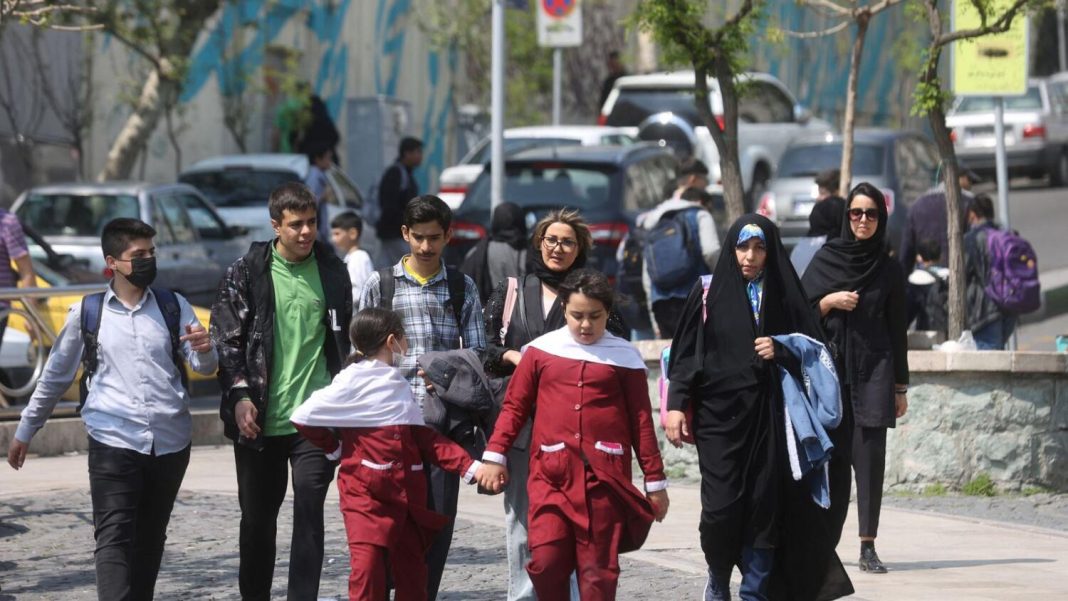TEHRAN: Wary of re-igniting Iran’s worst political turmoil in years, the country’s rulers are resorting to new, less obtrusive tactics to punish women who refuse to wear the hijab.
The methods, introduced following nationwide anti-government protests last year, combine use of security cameras with denial of state services to violators, replacing the morality police whose actions were the flashpoint for the months of unrest.
The measures have yet to make much headway against opposition to the hijab, and could worsen economic pressures if they result in the closure of businesses, Iranian activists say.
“Walking unveiled in the streets is now my way of keeping our revolution alive,” said Roya, 31, a private tutor in the northern city of Rasht, who was arrested during protests in November and detained for three months. ”We are not scared of the regime’s threats. We want freedom … This path will continue until we regain our country from the clerics,” Maryam, a high school girl in Iran’s western Kermanshah city, told Reuters.
“What is the worst case scenario if I walk in the street without hijab? Arrest? I don’t care.”
For decades women who refused to wear the hijab were accosted by morality police operating from vans that patrolled busy public spaces. The vehicles’ mixed male and female crew would watch for “unIslamic dress and behaviour”.
But those vans have mostly vanished from streets of cities they used to patrol, residents told Reuters, after the protests confronted Iran’s clerical rulers with their worst legitimacy crisis since the 1979 Islamic revolution. Iranian officials have also said morality police patrols would no longer spearhead the campaign against those flouting the dress codes.
In place of the vans, authorities are installing cameras on streets to identify unveiled women, providing a more discreet method of detecting breaches of Iran’s conservative dress code.
Another novel tactic is a government order to both private and public sectors not to provide services to “violators”. Warnings of heavy fines and even imprisonment have been issued.
Yet growing numbers of women have defied authorities by discarding their veils in the wake of the protests, which erupted after the death of a 22-year-old Iranian Kurdish woman who was arrested for allegedly violating hijab rules.
Security forces violently put down the revolt, and the street demonstrations largely fizzled in February.
Her death in September in the custody of morality police unleashed years of pent up anger in society over issues from economic misery to tightening political controls.
Now women show up frequently unveiled in malls, airports, restaurants and streets in a display of civil disobedience. –Agencies






